★★★
“In-flight entertainment.”
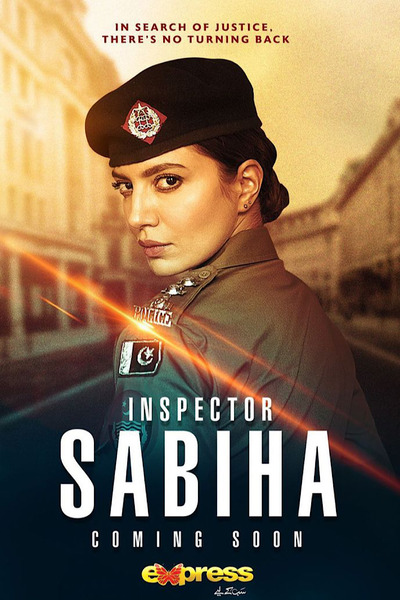 Under other circumstances, this six-episode TV series, would potentially be a marginal entry. But, just as I try to take the historical era into account, I think the location from which a film comes should also be a consideration. Some countries and cultures are simply more action heroine friendly than others. What would be groundbreaking in one region, might not even qualify from elsewhere. This is from Pakistan, and is almost the first such entry in our site’s history. [There’s just Hunterwali which… yeah!] I originally saw this in a condensed movie version, at an altitude of forty thousand feet and a ground speed of 555 mph. For I stumbled across it on the in-flight entertainment system while flying back from the UK to Arizona.
Under other circumstances, this six-episode TV series, would potentially be a marginal entry. But, just as I try to take the historical era into account, I think the location from which a film comes should also be a consideration. Some countries and cultures are simply more action heroine friendly than others. What would be groundbreaking in one region, might not even qualify from elsewhere. This is from Pakistan, and is almost the first such entry in our site’s history. [There’s just Hunterwali which… yeah!] I originally saw this in a condensed movie version, at an altitude of forty thousand feet and a ground speed of 555 mph. For I stumbled across it on the in-flight entertainment system while flying back from the UK to Arizona.
It adequately occupied a bit of time on what ended up being a fourteen-hour flight, thanks to an engine issue delaying the take-off. My grumpiness at this was, however, somewhat alleviated by unexpected GWG on the seat-back TV. By Western standards, it would definitely be considered mild, almost to the Lifetime TVM level (which makes sense, basically being a TV movie). But Pakistan isn’t exactly a beacon of empowerment. This female cop was “a giant step for womankind in the Pakistani drama arena”, according to local writers, so we need to cut it some slack. The heroine, Sabiha (the unfortunately named Butt), is the daughter of Inspector Saeed Shah, who was murdered in the line of duty while undercover. She wants to follow in his footsteps – her uncle Akbar (Ehteshamuddin) is also on the force.
He has a nasty revelation: her father, who was also his brother, had gone over to the side of the criminals. This was something covered up to avoid embarrassing the force to outsiders, though it’s an open secret within the police. Sabiha is devastated by this, adding on to problems with her self-confidence as she goes through the training, to the point she is unable to fire her gun, despite the encouragement of a friendly trainer. She eventually is able to cowboy up and persist. Passing the police exam gives her the access necessary to investigate her father’s case, find out the truth about his death, and dispense justice to those who were responsible.
To be honest, Butt doesn’t really look the part – too much make-up for a cop, by Western standards. Nor is she especially convincing in action, though it is cool when she whips off her burqa to reveal her police uniform underneath, and storms the villain’s headquarters. There are some decent emotional moments too. In this area, the heroine is outdone by her mother (Iffat Omar), who is impressively intense, such as when begging her husband not to go undercover. Writer-director Sarwar cuts up the time-line, so we bounce back and forth from Sabiha’s training to her childhood, but it always remains comprehensible. Despite not having seen Gunah, the series to which this is a prequel, it proved good enough to hold my attention. Though considering my location, guess I couldn’t exactly walk out…
I subsequently found all six TV episodes with English subs, and a playlist is embedded below.
Dir: Adnan Sarwar
Star: Raba Butt, Enteshamuddin, Yasir Hussain, Yasir Nawaz





 Well, this crashed and burned at the box-office in no uncertain fashion, taking in less than ten percent of its $55 million budget. While not surprising – dark fantasy doesn’t exactly have a good track record of late – it is a bit of a shame. I loved the look of the film, which is often spectacular, reminding me of things like The Chronicles of Riddick in a willingness to step back and overwhelm the viewer with scale. I am, of course, contractually obliged to watch anything with Milla Jovovich in it, and she’s her usual good value here. Bautista had a solid track record too, and he’s certainly appropriate for the role. But then, there’s the plot…
Well, this crashed and burned at the box-office in no uncertain fashion, taking in less than ten percent of its $55 million budget. While not surprising – dark fantasy doesn’t exactly have a good track record of late – it is a bit of a shame. I loved the look of the film, which is often spectacular, reminding me of things like The Chronicles of Riddick in a willingness to step back and overwhelm the viewer with scale. I am, of course, contractually obliged to watch anything with Milla Jovovich in it, and she’s her usual good value here. Bautista had a solid track record too, and he’s certainly appropriate for the role. But then, there’s the plot… This is one of the more successful efforts to spin a conspiratorial narrative – at least until the final act, where it topples over into implausibility. It’s a bit like how QAnon were not wrong about the rich and powerful being involved in sex trafficking… it just wasn’t out of the basement of a pizza restaurant. The heroine here is Sofia (Gudic), a journalist who is investigating a series of odd murders, in which powerful men are killed in highly compromising positions. These are assassinations carried out by an escort-assassin, Theda – yeah, one of the less subtle anagrammatic names I’ve seen – on behalf of a shadowy, super-powerful group of the wealthy and famous, under the oversight of Zane (Cassavetes).
This is one of the more successful efforts to spin a conspiratorial narrative – at least until the final act, where it topples over into implausibility. It’s a bit like how QAnon were not wrong about the rich and powerful being involved in sex trafficking… it just wasn’t out of the basement of a pizza restaurant. The heroine here is Sofia (Gudic), a journalist who is investigating a series of odd murders, in which powerful men are killed in highly compromising positions. These are assassinations carried out by an escort-assassin, Theda – yeah, one of the less subtle anagrammatic names I’ve seen – on behalf of a shadowy, super-powerful group of the wealthy and famous, under the oversight of Zane (Cassavetes).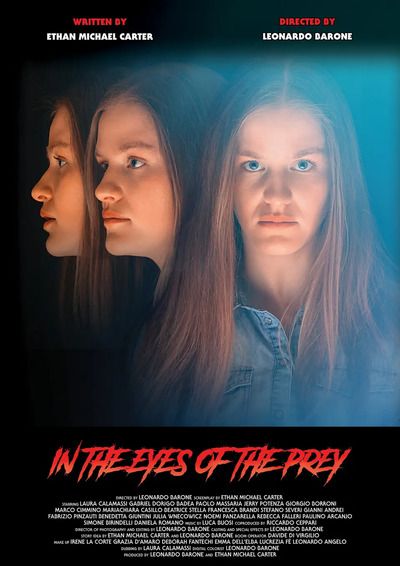 New rule. If ever I become an evil, kidnapping overlord, I shall be sure not to leave potentially lethal power-tools left lying easily accessible, around the place where the abductee is being kept. This is just one of the many mistakes made by the criminals here, in what could be an instructional guide on how NOT to execute a kidnapping. Admittedly, they weren’t aware that their victim suffers from multiple personality disorder. The alternate version is more than happy to wield the aforementioned power-tool – specifically, a nail gun – with extreme prejudice. It helps that these grown men and hardened criminals make it remarkably easy, for a 110-lb woman to overpower them in various ways.
New rule. If ever I become an evil, kidnapping overlord, I shall be sure not to leave potentially lethal power-tools left lying easily accessible, around the place where the abductee is being kept. This is just one of the many mistakes made by the criminals here, in what could be an instructional guide on how NOT to execute a kidnapping. Admittedly, they weren’t aware that their victim suffers from multiple personality disorder. The alternate version is more than happy to wield the aforementioned power-tool – specifically, a nail gun – with extreme prejudice. It helps that these grown men and hardened criminals make it remarkably easy, for a 110-lb woman to overpower them in various ways.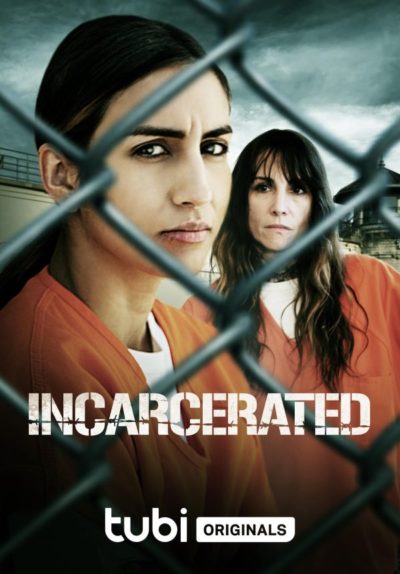 There’s an interesting idea here, at least. As a young child, Elena (Ayala) has to watch as her mother and brother are killed by crime boss babe Maeve (McComb), after her father (Pardo) made the ill-advised decision to try and steal from her. It’s particularly awkward, since Maeve made him choose which of his two children should live… then killed the one he picked, his son. This Sophie-like choice has, understandably, left the father-daughter relationship somewhat strained, to put it mildly. 15 years later, Elena is a druggie, who robs a liquor store and gets sent to jail as a result. Except, this incarceration is entirely deliberate, because it’s the facility in which Maeve is now serving time, giving Elena her long-awaited chance for revenge.
There’s an interesting idea here, at least. As a young child, Elena (Ayala) has to watch as her mother and brother are killed by crime boss babe Maeve (McComb), after her father (Pardo) made the ill-advised decision to try and steal from her. It’s particularly awkward, since Maeve made him choose which of his two children should live… then killed the one he picked, his son. This Sophie-like choice has, understandably, left the father-daughter relationship somewhat strained, to put it mildly. 15 years later, Elena is a druggie, who robs a liquor store and gets sent to jail as a result. Except, this incarceration is entirely deliberate, because it’s the facility in which Maeve is now serving time, giving Elena her long-awaited chance for revenge. Zombies and jail aren’t quite as new an idea as you might think. The Walking Dead had a major arc which took place at a prison, the facility’s fences now more useful for keeping things out than in. And back in 2005, The Asylum released the (surprisingly decent)
Zombies and jail aren’t quite as new an idea as you might think. The Walking Dead had a major arc which took place at a prison, the facility’s fences now more useful for keeping things out than in. And back in 2005, The Asylum released the (surprisingly decent) 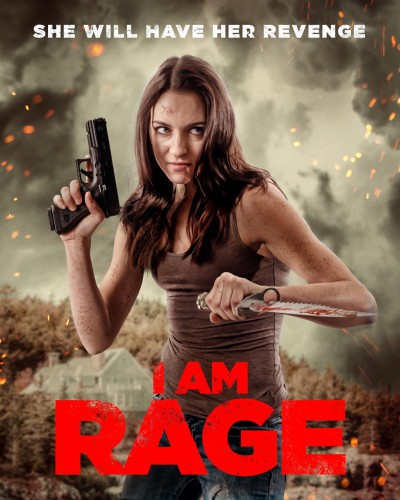 By coincidence, I watched this not longer after the not very good
By coincidence, I watched this not longer after the not very good 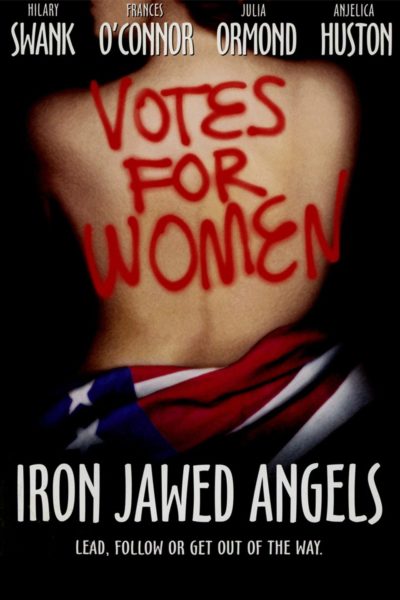 There’s a fascinating story to be told about the struggle by American women to get the vote. Unfortunately, this isn’t it. Rather than being content to tell the story of the battle and those who fought in it, von Garnier (a German director who gave us
There’s a fascinating story to be told about the struggle by American women to get the vote. Unfortunately, this isn’t it. Rather than being content to tell the story of the battle and those who fought in it, von Garnier (a German director who gave us  I never thought I’d find a film which would leave me yearning for the subtle and understated pleasures of the original I Spit on Your Grave, but here we are. 35 years on, and this cringeworthy copy was made, transplanting events to the old West. A further decade later: with a couple of re-titlings which jostle each other for inappropriateness, it’s out on a number of free movie streaming platforms. I’m here to tell you, not to bother. Even in the low-rent neighbourhood which is rape-revenge movies, you could close your eyes, pick a random entry, and be almost guaranteed to find something with a better script and general execution.
I never thought I’d find a film which would leave me yearning for the subtle and understated pleasures of the original I Spit on Your Grave, but here we are. 35 years on, and this cringeworthy copy was made, transplanting events to the old West. A further decade later: with a couple of re-titlings which jostle each other for inappropriateness, it’s out on a number of free movie streaming platforms. I’m here to tell you, not to bother. Even in the low-rent neighbourhood which is rape-revenge movies, you could close your eyes, pick a random entry, and be almost guaranteed to find something with a better script and general execution.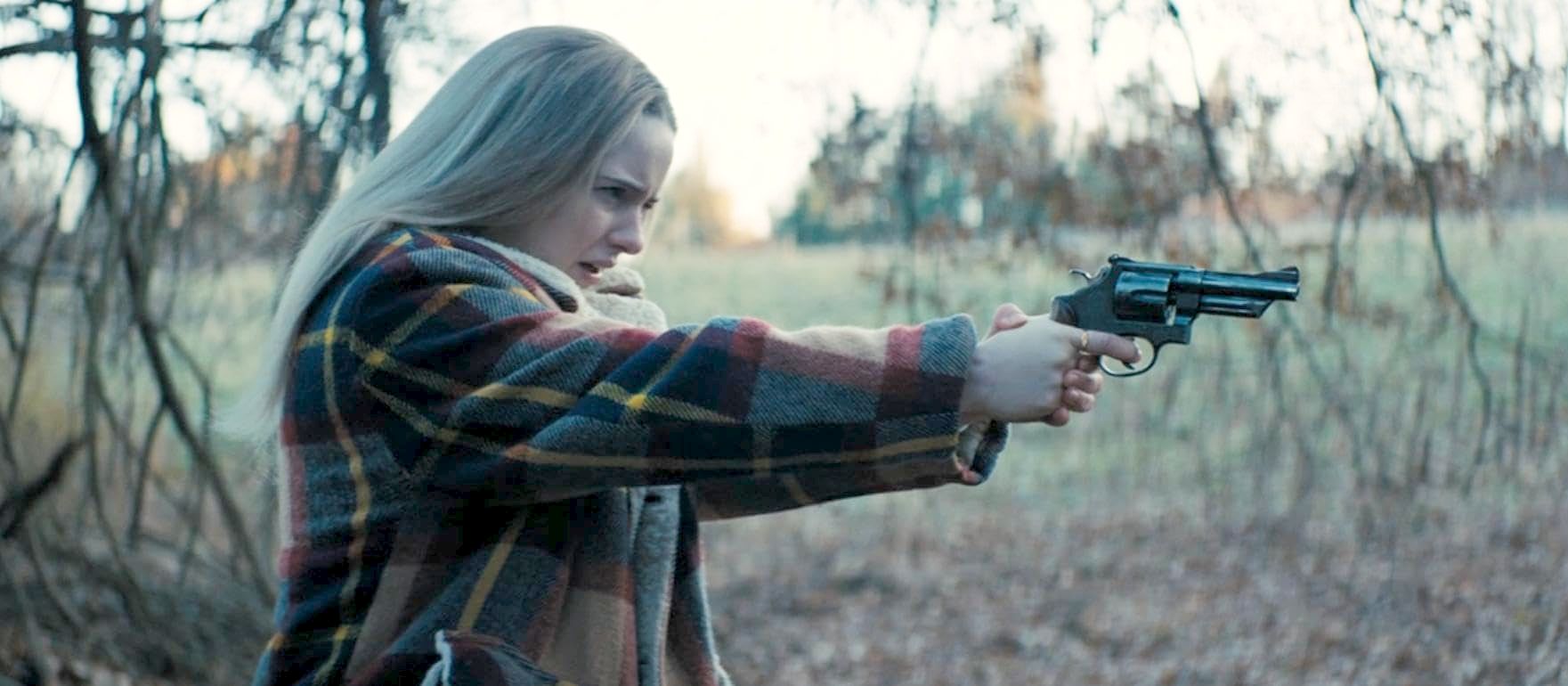 ★★★★
★★★★ Hearing that James Gunn, new head of the DC movie department at Warners, just recently announced David Corenswet and Rachel Brosnahan as the new actors to play Superman and Lois Lane in the next “Superman”-movie, I felt the need to find out more about these new actors. For Brosnahan I chose the movie I’m Your Woman, an Amazon Prime production from 2020. For one thing, she played the main role, and secondly a two-hour movie is much quicker to watch than a series like The Marvellous Mrs. Maisel. Sure, for that series she got two Golden Globes, one Emmy and two Screen Actors Guild Awards – but my time is a bit limited. Also, I prefer gangster movies over a dramedy show.
Hearing that James Gunn, new head of the DC movie department at Warners, just recently announced David Corenswet and Rachel Brosnahan as the new actors to play Superman and Lois Lane in the next “Superman”-movie, I felt the need to find out more about these new actors. For Brosnahan I chose the movie I’m Your Woman, an Amazon Prime production from 2020. For one thing, she played the main role, and secondly a two-hour movie is much quicker to watch than a series like The Marvellous Mrs. Maisel. Sure, for that series she got two Golden Globes, one Emmy and two Screen Actors Guild Awards – but my time is a bit limited. Also, I prefer gangster movies over a dramedy show. I think this makes it quite an unusual movie as – in contrast to many other movies – we are not immediately brought up to speed with an info-dump, so that we tie ourselves emotionally to Jean. As a result, the fear and tension she experiences are really palpable to us, too. We don’t know who Cal is and why he is helping her, or why people are after Jean. In my opinion, the movie is particularly successful in showing a female perspective, as part of something that would otherwise potentially have been just an ordinary gangster story. In the beginning, Jean does whatever she is told, while at the same time also trying her best to be a good mother to the little baby, even if her knowledge in this respect is also just rudimentary.
I think this makes it quite an unusual movie as – in contrast to many other movies – we are not immediately brought up to speed with an info-dump, so that we tie ourselves emotionally to Jean. As a result, the fear and tension she experiences are really palpable to us, too. We don’t know who Cal is and why he is helping her, or why people are after Jean. In my opinion, the movie is particularly successful in showing a female perspective, as part of something that would otherwise potentially have been just an ordinary gangster story. In the beginning, Jean does whatever she is told, while at the same time also trying her best to be a good mother to the little baby, even if her knowledge in this respect is also just rudimentary.